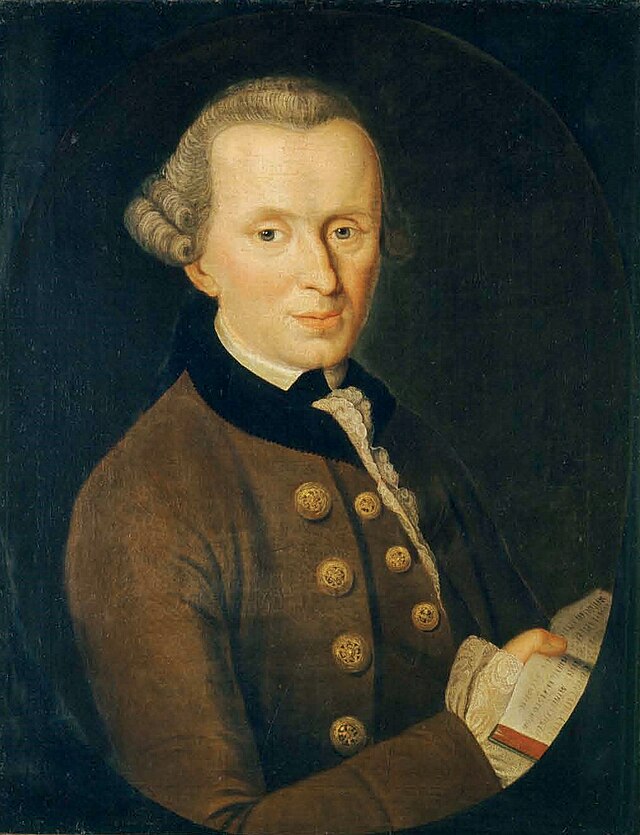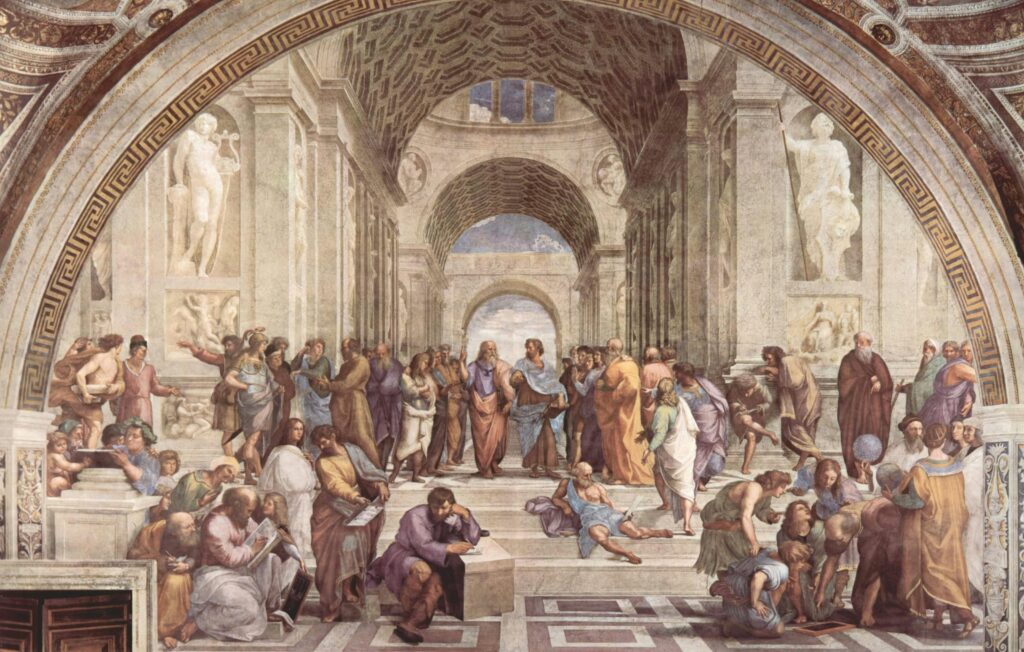Exploring the Greatest Minds and Their Timeless Legacies
Philosophy, the pursuit of wisdom, has guided humanity’s intellectual journey for centuries. From pondering life’s meaning to debating the nature of reality, great philosophers have shaped civilizations, inspired revolutions, and enriched human understanding. Their contributions transcend time, resonating with us as we tackle the profound philosophical questions that define our existence.
In this detailed exploration, we honor the greatest philosophers of all time, delve into the best philosophy of all time, and examine the contributions of famous philosophers who’ve left an indelible mark on history. Whether you’re a budding thinker or a philosophy enthusiast, this guide invites you to journey through the brilliance of the top 10 philosophers in history.
Philosopher Meaning: The Quest for Wisdom
The term “philosopher” comes from the Greek words philos (love) and sophia (wisdom), meaning “lover of wisdom.” A philosopher seeks answers to life’s most pressing questions: What is the purpose of existence? What is right and wrong? What is reality? Their inquiries are not limited to abstract thought but extend to practical problems in ethics, politics, and science.
While philosophers might vary in their methods and conclusions, they share a relentless curiosity about life’s mysteries. It’s this curiosity that connects the great philosophers across time.
The Top 10 Philosophers of All Time: A Timeless Legacy
-
Socrates: The Father of Western Philosophy

Socrates (470–399 BCE), often regarded as one of the greatest philosophers, championed the idea of questioning authority and self-examination. Known for his Socratic Method—a form of dialogue that uses questioning to stimulate critical thinking—Socrates profoundly impacted ethics and epistemology.
Key Contributions:
- Introduced the concept of ethical reasoning based on universal truths.
- Emphasized self-knowledge with his famous dictum: “The unexamined life is not worth living.”
-
Plato: The Philosopher of Idealism
Plato (427–347 BCE), a student of Socrates, laid the foundations of Western philosophy and science. His works, including The Republic, explored justice, governance, and the nature of reality through the lens of his Theory of Forms.
Key Contributions:
- Advocated for philosopher-kings as ideal rulers.
- Proposed that the material world is a shadow of a higher, perfect reality.
-
Aristotle: The Master of Knowledge
Aristotle (384–322 BCE), Plato’s student, is celebrated as one of history’s best philosophers in history for his diverse contributions to logic, biology, ethics, and metaphysics. His empirical approach laid the groundwork for modern scientific inquiry.
Key Contributions:
- Developed syllogistic logic.
- Authored Nicomachean Ethics, exploring virtue ethics and human flourishing (eudaimonia).
The Golden Age of Philosophy: Great Philosophers Across Eras
-
René Descartes: The Rationalist Pioneer
Known as the father of modern philosophy, René Descartes (1596–1650) explored the relationship between mind and body. His famous declaration, “Cogito, ergo sum” (I think, therefore I am), forms the cornerstone of modern rationalism.
Key Contributions:
- Distinguished between mind (thinking substance) and matter (extended substance).
- Pioneered analytical geometry, linking philosophy with mathematics.
-
Immanuel Kant: The Enlightenment Thinker

Among 19th-century German philosophers, Kant (1724–1804) revolutionized philosophy with his Critique of Pure Reason. He explored how human understanding shapes perception and reality, influencing epistemology and ethics.
Key Contributions:
- Proposed the Categorical Imperative, a universal ethical principle.
- Bridged the gap between empiricism and rationalism.
19th Century German Philosophers: A Turning Point
The 19th century witnessed a philosophical revolution led by German philosophers who challenged traditional thought.
-
Georg Wilhelm Friedrich Hegel: The Dialectical Philosopher
Hegel (1770–1831) introduced a dialectical method, emphasizing progress through contradictions. His works laid the foundation for Marxism and existentialism.
Key Contributions:
- Advocated the development of self-consciousness and freedom.
- Influenced modern political theory and social philosophy.
-
Friedrich Nietzsche: The Rebel Philosopher
Nietzsche (1844–1900), one of the most famous philosophers of all time, questioned morality, religion, and traditional values. His concept of the “Übermensch” (Overman) and declaration that “God is dead” sparked debates on nihilism and existentialism.
Key Contributions:
- Explored the will to power as a driving force of human action.
- Critiqued conventional morality in Beyond Good and Evil.
The Best Philosophy of All Time: A Debate Without End
Is there a single best philosophy of all time? The answer depends on the questions we ask. Ancient Greeks focused on virtue, while 19th-century German thinkers explored existentialism. Modern philosophers often address issues like artificial intelligence and climate ethics.
Some enduring philosophical questions include:
- What is the nature of reality?
- What makes an action morally right?
- Does free will exist?
These questions show that the journey through philosophy is as important as the answers.
Philosophy as a Compass: Applying the Wisdom of Great Philosophers Today
The teachings of the greatest philosophers are not confined to history books. They provide a compass for navigating contemporary issues, offering insights into the human condition, morality, and progress. Here’s how the timeless wisdom of famous philosophers of all time remains relevant:
Ethics and Decision-Making
Aristotle’s focus on virtue ethics teaches us the value of character and balance. In modern dilemmas—such as workplace ethics or environmental responsibility—his idea of striving for a “golden mean” between extremes helps guide sound decisions. Kant’s Categorical Imperative, which emphasizes treating others as ends rather than means, also provides a moral framework for equitable decision-making in global and personal contexts.
Understanding Human Nature
Hobbes and Rousseau debated whether humans are inherently selfish or cooperative. Their contrasting views encourage us to question societal structures, exploring themes of justice, freedom, and governance. These debates resonate in discussions about economic disparity, human rights, and systemic reforms.
Philosophy and Science
The synergy between philosophy and science is undeniable. Descartes bridged the gap between mathematics and philosophy, laying the groundwork for analytical thought. Modern physicists, biologists, and artificial intelligence experts grapple with questions rooted in philosophy, such as the nature of consciousness, ethics of technology, and the origins of the universe.
Exploring Philosophical Questions in Everyday Life
Philosophy thrives on asking profound questions that challenge assumptions. Some philosophical questions are universal, while others respond to specific contexts. Here are a few examples and how they apply to our lives:
- What is the meaning of life?
Existentialists like Jean-Paul Sartre argue that life has no predefined meaning; instead, individuals must create their own purpose. This empowers us to embrace personal growth and take responsibility for our choices. - What is justice?
Plato’s Republic delves into the concept of justice, inspiring debates about fairness, equality, and governance. These discussions shape modern political systems and social movements. - What is knowledge?
Epistemology, the study of knowledge, challenges us to consider what we know and how we know it. In an era of misinformation, Socrates’ emphasis on questioning assumptions is more critical than ever.
19th-Century German Philosophers and Their Revolutionary Ideas
The 19th century was a golden age for German thought, with German philosophers profoundly reshaping our understanding of existence, society, and freedom.
Karl Marx: The Philosopher of Revolution
Marx (1818–1883) combined philosophy, economics, and political theory to critique capitalism and advocate for a classless society. His theories laid the foundation for socialism and communism, sparking debates that continue today.
Key Contributions:
- Developed the theory of historical materialism, emphasizing economic factors in societal development.
- Authored The Communist Manifesto with Friedrich Engels, a call to action for the working class.
Arthur Schopenhauer: The Philosopher of Pessimism
Schopenhauer (1788–1860) introduced a unique perspective on human suffering and desire. Unlike optimistic thinkers, he believed life is driven by an irrational “will,” causing inevitable dissatisfaction.
Key Contributions:
- Authored The World as Will and Representation, exploring the tension between desire and reality.
- Influenced later existentialists, including Nietzsche.
The Enduring Power of Great Philosophers
Studying the best philosophers in history isn’t just an academic exercise—it’s a journey of personal transformation. Their ideas challenge us to think critically, act ethically, and find meaning in an ever-changing world.
Philosophy in Education
Educational institutions increasingly incorporate philosophical thinking to encourage students to question, analyze, and debate. By studying the greatest philosophers, learners cultivate a mindset of curiosity and open-mindedness. This is especially valuable in developing leadership skills, empathy, and problem-solving abilities.
Philosophy in Popular Culture
From movies like The Matrix, which draws on Descartes’ skepticism about reality, to books like Albert Camus’ The Stranger, which explores existentialism, philosophy continues to influence art and media. These works bring complex ideas to life, making them accessible to broader audiences.
The Timeless Appeal of Philosophy
What makes philosophy so enduring? Perhaps it’s the universality of its questions. Across cultures and centuries, great philosophers have sought to understand the human experience. From Socrates’ dialogues in ancient Athens to the analytical rigor of 19th-century German philosophers, each thinker adds a layer of insight to the collective wisdom of humanity.
Final Thoughts: Finding Your Philosophical Path
Engaging with philosophy is an invitation to think deeply about life’s biggest questions. Whether you’re drawn to Aristotle’s virtue ethics, Nietzsche’s bold critiques, or Kant’s moral philosophy, there’s something in the vast tapestry of ideas to inspire every mind.
The greatest philosophers remind us that wisdom isn’t about having all the answers—it’s about asking the right questions. So, as you embark on your own philosophical journey, remember the words of Socrates: “Wonder is the beginning of wisdom.”
By celebrating the legacies of the great philosophers, we continue their timeless quest for truth, meaning, and understanding. Let their brilliance light the way as we navigate the complexities of our own existence.

Want to read a bit more? Find some more of my writings here-
The Ultimate Guide to the Best Biographies and Autobiographies of All Time
Unlocking the World of Creative Writing
I hope you liked the content.
To share your views, you can simply send me an email.
Thank you for being keen readers to a small-time writer.







